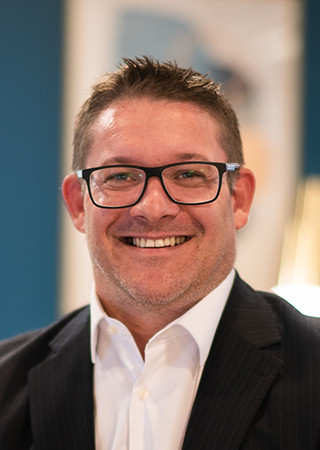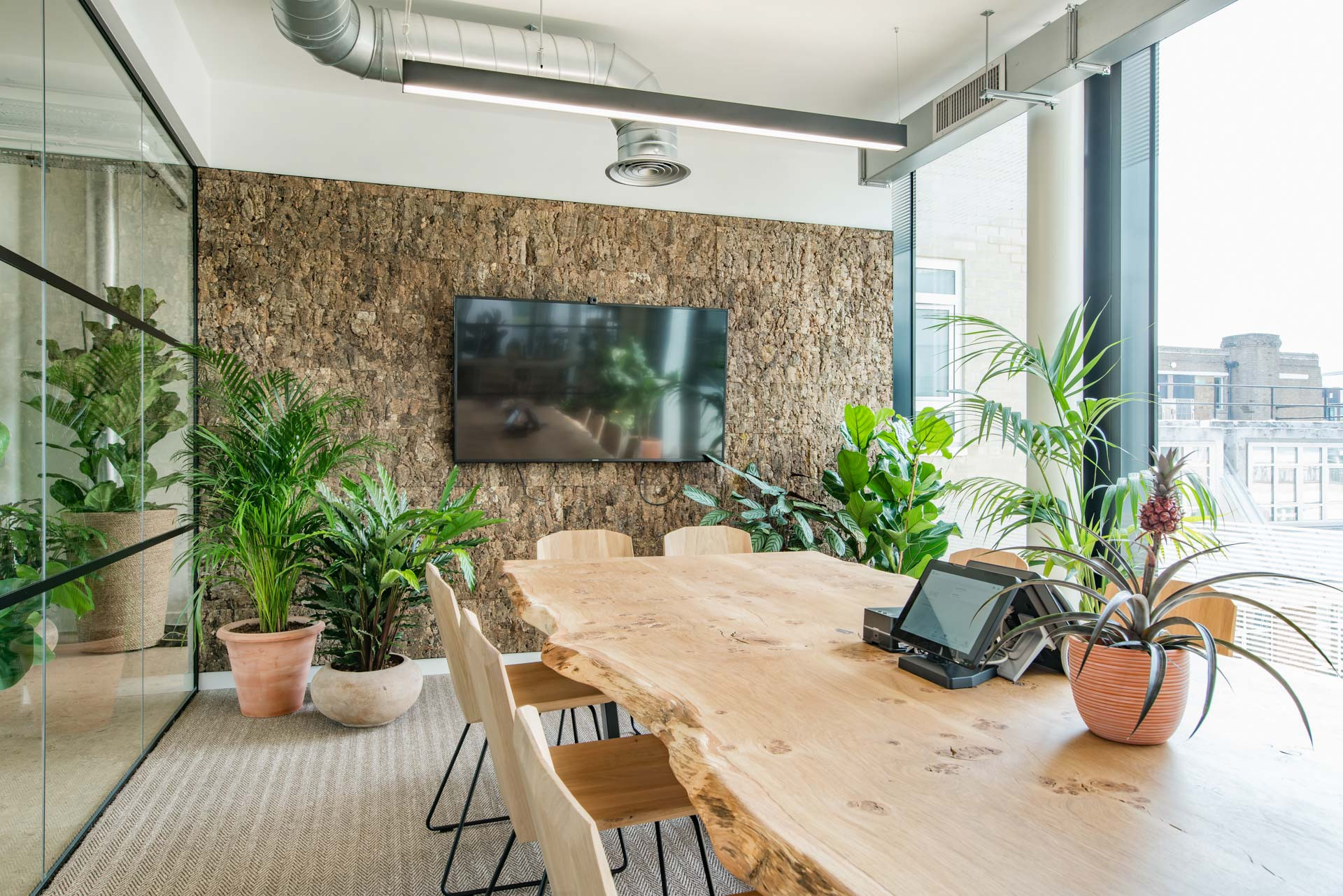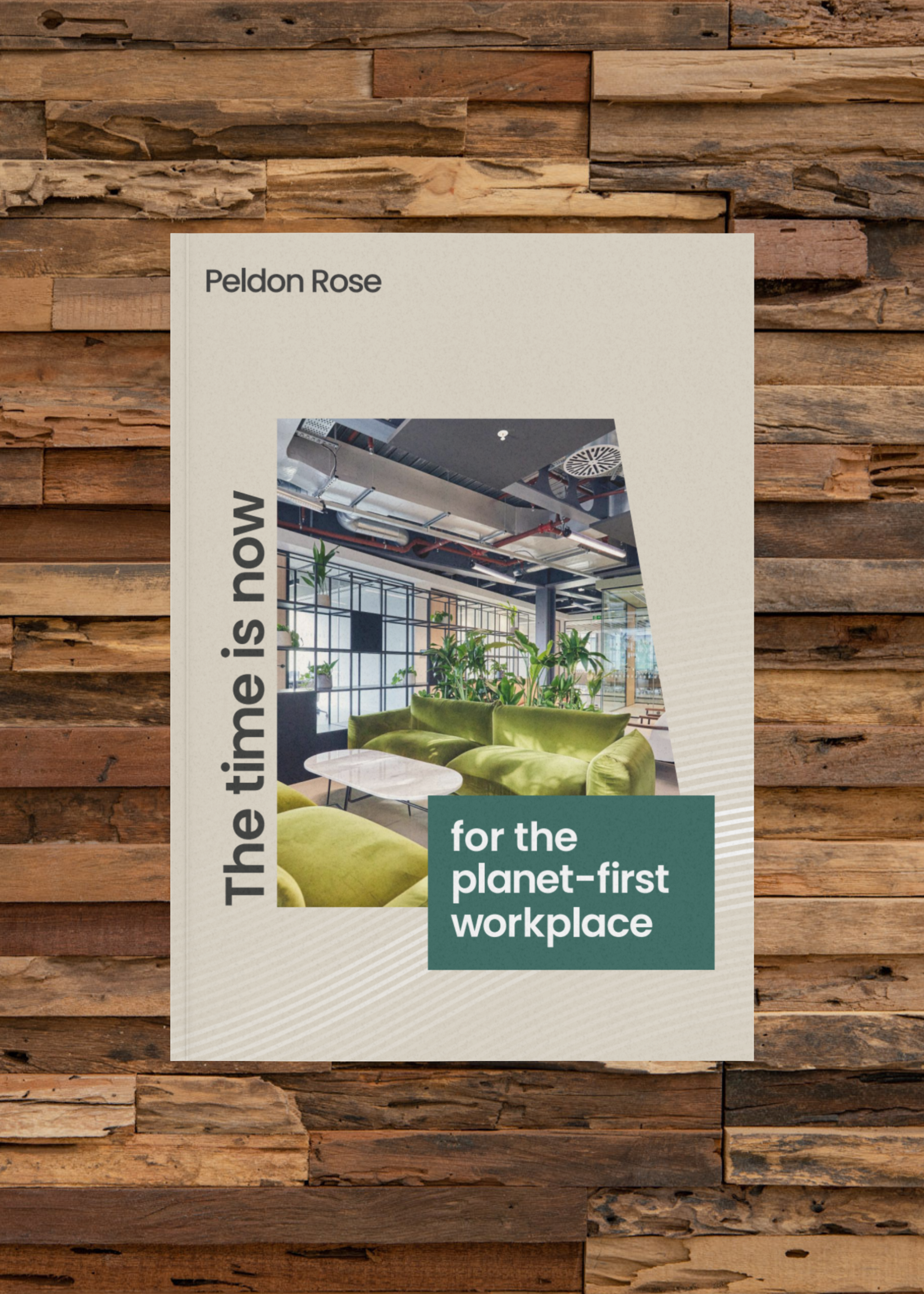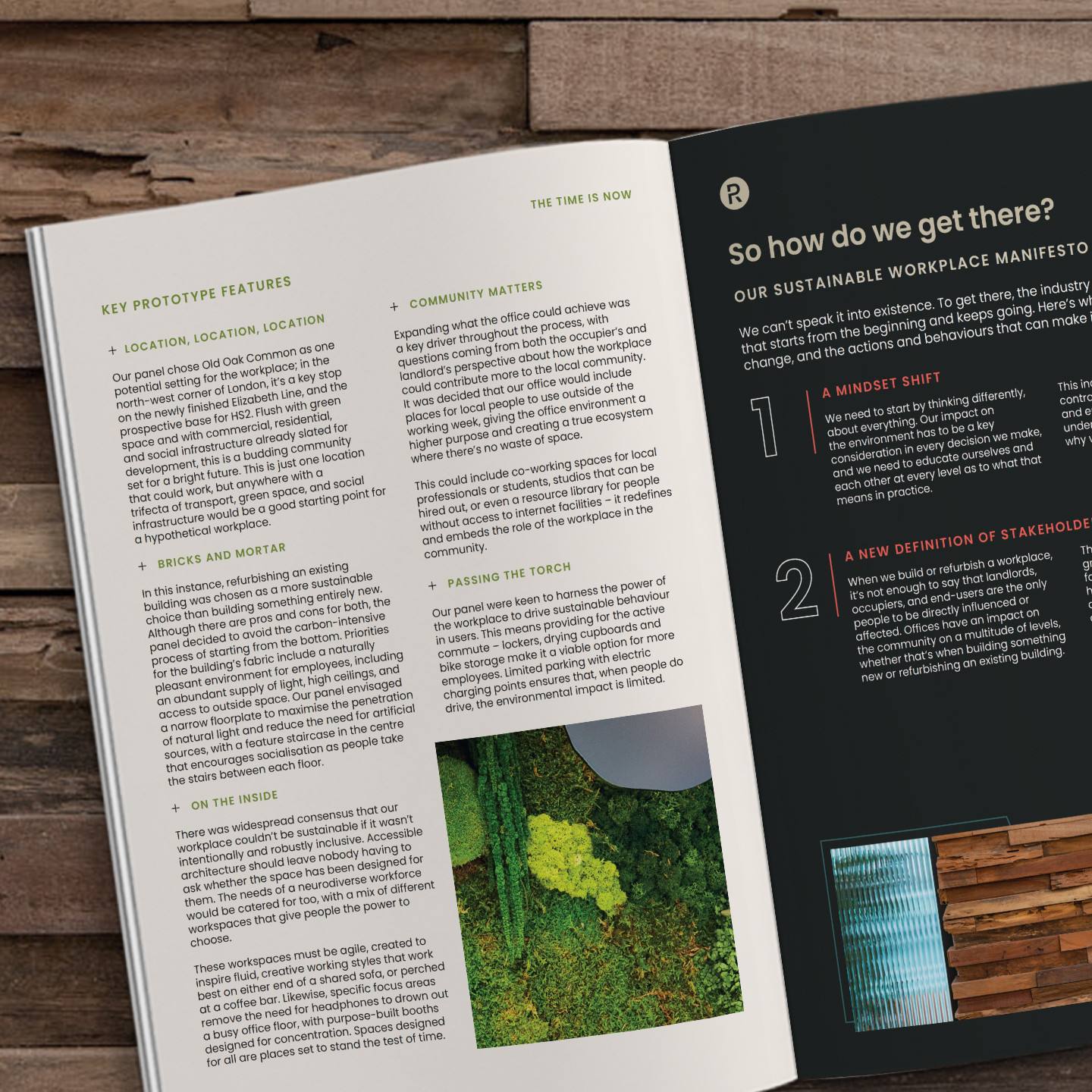Landlords and tenants, it's time to start household recycling
There’s capacity to take the sustainability conversation between landlords and tenants to granular levels. Using a case-by-case approach goes beyond blanket obligations, wide-reaching certifications and tick box exercises.


As changes to working policies adopt a steady state of flux, a building’s value to businesses is about more than its size or postcode. Hybrid working offers flexibility and choice when it comes to defining a real estate strategy, meaning different factors are now at play. Tenants are scrutinising a greater variety of options more closely through the lens of other priorities – those rooted in social and environmental salience.
Beyond sustainability certifications
Tenants are demanding that spaces have the right impact, and the credentials to prove it. Landlords are pivoting their real estate portfolios accordingly. Certifications such as LEED and BREEAM are demonstrable assurances that buildings are future proof and consciously designed and built. They mark a workplace out in a crowded room and draw in tenants with solid ESG commitments; those invested in choosing and communicating proof of a commitment to people, stakeholders and wider communities. But is this enough?
One of the main considerations in Peldon Rose’s planet-first workplace guide is the need for a smarter approach to certification. There needs to be better transparency about what exactly certifications represent, and an acknowledgement of their limitations. And it’s not just about ticking that box and moving on. It’s about demonstrating a commitment to today, but also tomorrow, as certification starts to distinguish the buildings that are exceeding sustainability targets and benchmarks.


What’s household recycling got to do with it?
There’s capacity to take the conversation between landlords and tenants to granular levels. Discussing sustainability aspirations on a case-by-case basis with pragmatic conversations about what can and cannot be achieved elevates the approach beyond blanket obligations, wide-reaching certifications and tick box exercises. Exploring specific design options means establishing an early dialogue and looping in design teams at the very start of the process. Not only does this expand the realm of what’s possible, it also mitigates later changes and upheaval to building schemes, and thus unnecessary waste and destruction.
Sustainability accreditations represent council level policy; essential, and far sweeping. Talks on a case-by-case basis between landlord, tenant, and design house represent household recycling; everyone accepts the responsibility of managing their own waste, and dealing with it themselves. And just like household recycling, if the real estate market collectively responded with this individualistic approach, the positive impact on the planet could be vast.
See our guide to a planet-first workplace today.

Start your workplace transformation today.
Your workplace holds enormous potential to improve your business performance. Get in touch today, and we will unlock that potential together.

